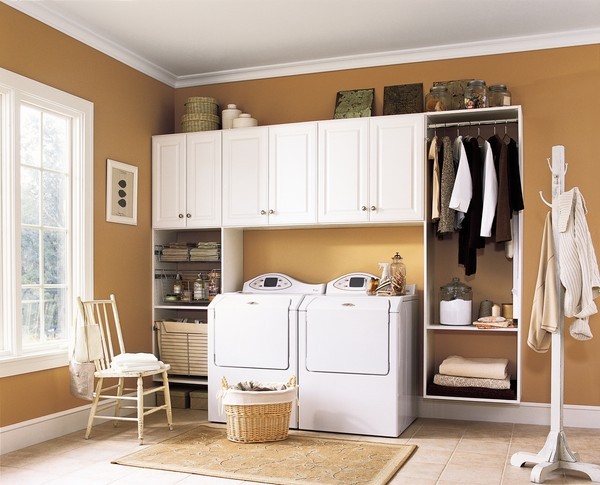Everyone loves to save money and it’s not all about cutting back on the things you love you can save money on just about anything. This article shows you how to save money on your laundry.
Reducing costs seems to be the big buzz word of late. You hear of cost cuts all over the news and with us still being deep in recession it’s understandable. One of the industries that have had to tighten their belt is the accommodation business. Rather than travelling abroad people seem to be holidaying at home in order to save money in any way that they can. A lot of accommodation has started to save money by being more efficient with their laundry, but how do they do it?
Nowadays many laundry machines – whether commercial or household – have an eco-setting. This is especially useful for saving water. The eco setting is also a quicker wash which also enables people to save money on electricity. Many companies – believing that it will save them money – will choose to opt for cheaper machines in these hard times; however, cheaper machines don’t tend to have eco settings, so more money is spent on water and electricity, meaning that it may cost more in the long run.

Choosing the best product is important and these are the questions that you should ask:
How much water does one load use? It’s no good choosing a machine that is only £100 but uses 20 gallons of water per wash when you could spend a little extra and only use five gallons. Although your outlay is more to begin with you will get this back on the amount that you’ve saved on water.
? Time taken to complete a load? This will determine how much electric your machine will use, again a shorter wash time means saving you more money.
? Detergent – Some machines don’t use as much detergent as others and they clean just as well, this is quite obviously a great bonus.
Do I buy or lease?
There are advantages and disadvantages of both options. If you choose to lease a machine it allows you to spend less initially and use the product to see how it preforms. You have the ability to test all elements of the machine to check its efficiency. There is a downside however; it may be company policy for you to agree to a contract for the lease of your machine – as with a mobile phone or a car. This could be a 6, 12 or 24 month contract which isn’t always suitable. If you were to buy your own machine however, although this means parting with more money to begin with, the amount that you save on water, electric and detergent means that the machine has paid for itself in two or three years – obviously depending on how much it is used.
Spare Parts
Lastly there is one final element and although you may not think so it is crucial. Although machines are usually guaranteed for at least 12 months after purchase after this point, if your machine breaks, you will have to pay for it to be fixed. Usually a good quality machine will last a long time and will not require much, if any, maintenance. However, if you have a cheaper machine it may be more prone to breakages, if this is the case you do not want to be shelling out as much on new parts as you paid for your machine originally.
This article was written for www.opcsolutions.co.uk – leaders in the commercial laundry equipment industry – by Joan Griffiths, a top B&B owner.
How Do You Reduce Commercial Laundry Costs

